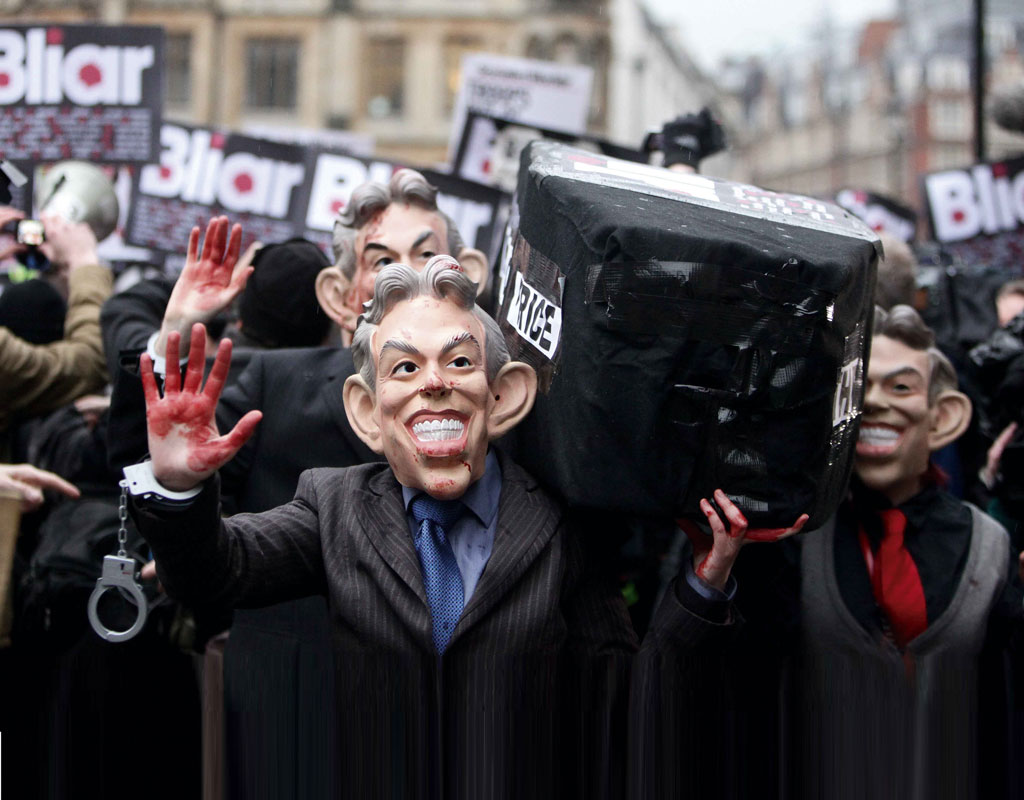
If Chilcot finds the Iraq invasion violated the UN Charter, what are the consequences, asks Geoffrey Bindman QC
The Chilcot report, when published next month, will surely criticise some of those responsible for launching the Iraq war on 20 March 2003 and for the suffering and damage which it caused. Lawyers are certainly already mulling over the prospect of litigation, criminal as well as civil. Will Chilcot find breaches of international law? Will it find evidence of criminal liability? If so, are prosecutions possible?
Use of force
Before the beginning of hostilities in 2003 the legality of an invasion of Iraq was intensively considered and publicly debated. Attention focused on the position in international law which is premised on the prohibition in the United Nations Charter of the use of force save in two exceptional cases. One is self-defence. The other is where force is authorised by the Security Council.
Self-defence did not arise because neither Britain nor the US was under attack or imminently threatened with attack. Even if it were true that Iraq









